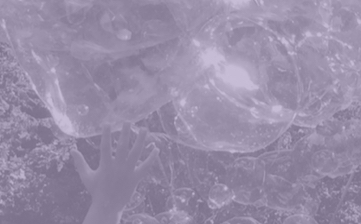If you are just learning that your young person may have a difference in sex development we are usually talking about two possible scenarios:
The first is of a girl, who has not began puberty at the expected age, or who are progressing very slowly in puberty. The second, is a girl who has gone into puberty and whose body is then showing an androgen response. This means their body is producing testosterone (androgen) and is responding to it.
There are different reasons why this might be happening and doctors will have to do tests and wait for results before they can tell you how your daughter’s body has developed and what will happen next, including support for her and you.
The key here is to remember that your child is still the same person as the day before anyone mentioned ‘Difference of Sex Development’. All we know is that,
'her body is following a different pathway to becoming a young adult'.
When adults with these conditions have been discussing learning about their development, they said that it is good to find out at this age (adolescence), because ‘the young person has to be involved in all discussions and there is no withholding information’. That doesn’t make it less scary to you – but hold onto that: your child will want to know what is happening to them, (even if they are not very talkative) and you can help by standing by her, asking questions on her behalf, and by ensuring they have peer support wherever possible too.
If you are worried about school and how the curriculum in biology or PHSE might not fit with your child’s experience, you could explain that what they are experiencing is complicated, and few biology teachers know the details of all the various ways in which people develop.
Your daughter might be more interested in how to tell her friends that she won’t have periods. Why don’t you have a look together at our website specifically for teens www.dsdteens.org and learn more about how other teens and families have approached this. There’s lots of other information for your teen too on dsdteens: from learning about puberty and other dsd conditions to relationships and taking charge in clinic.







